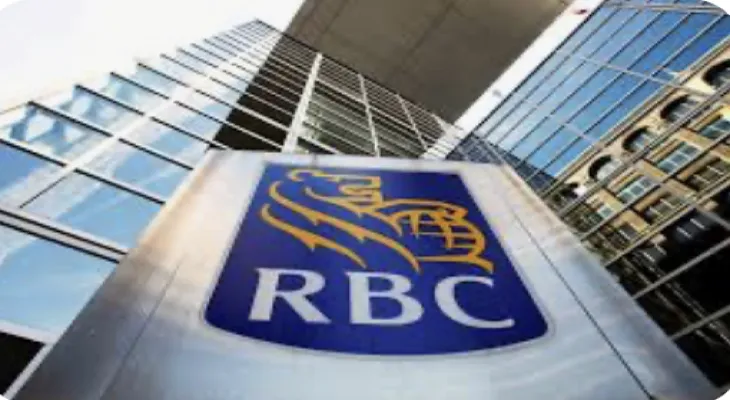Search here
Newspaper
Search here

Arab Canada News
News

Published: October 14, 2022
Economists at Royal Bank of Canada expect the country to enter a recession in the first quarter of 2023.
"Cracks are forming in the Canadian economy," according to the October 12 forecast by RBC economists Nathan Janzen and Claire Fan where "housing markets have sharply cooled. Central banks are in the midst of one of the most aggressive interest rate hike cycles in history. And while labor markets remain strong, employment has declined by 92,000 over the past four months."
Janzen and Fan previously predicted that a "moderate" recession would start in Canada in 2023, and now expect interest rates to rise to four percent in Canada and 4.5 to 4.75 percent in the United States, which "accelerates the arrival of recession in Canada ... by a quarter earlier than our previous forecasts." Janzen and Fan added: "The impacts of the upcoming recession will not be evenly distributed among Canadian businesses and households."
Economists at Royal Bank of Canada said that "the manufacturing sector is likely to be among the first to contract, while some high-contact service sectors such as travel and hospitality may be more resilient than a typical 'historic' recession."
The Bank of Canada has raised the key interest rate in an effort to combat inflation, since March after it had dropped to 0.25 percent during the COVID-19 pandemic.
It now stands at 3.25 percent, and RBC expects Canadian rates to peak in late 2022.
Janzen and Fan warned that "this depends on easing inflation pressures."
Also, "more persistent inflation trends in the coming months could lead to additional increases, and possibly a greater decline in household consumption and a deeper recession."
According to Royal Bank of Canada, the most severe negative effects may be on low-income Canadians, with rising unemployment rates due to inflation, as rising prices and interest rates are expected to reduce the average household purchasing power by nearly $3,000.
On the other hand, Janzen and Fan explained that "while tight labor markets pushed wages higher, it was not enough to offset these inflation-induced losses."
Janzen and Fan said that "this will have a significant impact on low-income Canadians, especially those whose disposable income has been eroded along with the support they received due to the pandemic."
RBC also expects the weak economy to push the unemployment rate to seven percent by the end of 2023, up from 4.9 percent in June and July.
This is higher than RBC previously expected, but less severe than during previous economic downturns.
Janzen and Fan also said: "Increasing job opportunities and labor shortages will protect against a sharp rise in unemployment in the very near term, but the unemployment rate will continue to rise, with longer job search times for the unemployed, reduced working hours initially, followed by more full layoffs."
For travel and hospitality, they are likely to be more resilient, as the travel and hospitality sectors were heavily affected by COVID-19 restrictions, and are now expected to better overcome the anticipated recession than other industries.
Employment numbers in these sectors are still below pre-pandemic levels, as RBC notes, making layoffs less likely.
Janzen and Fan also said: "This time, there is still sustained demand for travel and hospitality services after two years of pandemic lockdowns, which will limit the decline in these sectors in 2023; however, additional negative impacts are expected."
Janzen and Fan see that: "The manufacturing sector appears poised to contract with lower spending on physical goods, especially in the United States, the largest consumer market in the world and the destination for 75% of Canadian exports (65% of which are 'manufactured' products)."
"In Canada, despite industrial production remaining strong, surveys have already indicated deteriorating sentiment among companies in this sector."
Comments